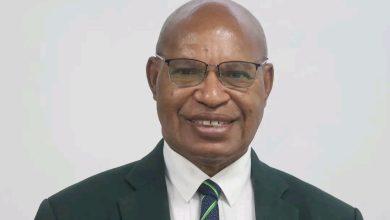LONDON: The World Bank-led Global Gas Flaring Reduction (GGFR) partnership today called on oil producers, both countries and companies, to reduce flaring of natural gas associated with oil production by 30% by 2017. This would reduce flaring from 140 bcm of gas flared in 2011 to 100 bcm by end of 2017, for a reduction in CO2 emissions equivalent to taking 60 million cars off the road.
“A 30% cut in five years is a realistic goal,” said Rachel Kyte, the Bank’s Vice President for Sustainable Development. “Given the need for energy in so many countries—one in five people on the planet are without electricity—we need to raise our ambition. We simply cannot afford to waste this gas anymore.”
The GGFR partnership has already helped reduce gas flaring by 20%, from 172 billion cubic meters in 2005 to 140 bcm in 2011. This cut translates into the prevention of 274 million tons of CO2 emissions, roughly equivalent to taking 52 million cars off the road.
Ms. Kyte made her remarks at a Global Forum of 200 representatives of GGFR partners hosted by the European Bank for Reconstruction and Development (EBRD).The Forum aims to review progress since the partnership was launched at the 2002 World Summit on Sustainable Development in Johannesburg.
The GGFR partners have reduced flaring by establishing a global standard for gas flaring reduction, sharing best practices on regulation and technology deployment, and by identifying and supporting gas utilization projects.
In addition to taking stock of progress, GGFR partners are planning for the next phase of work. They have agreed to deepen their collaboration to reduce gas flaring by working along the whole gas value chain, both upstream and downstream.
GGFR partners will focus on helping countries develop gas infrastructure and gas markets, as a way of expanding access to cleaner electricity and cooking fuels.
“To increase flaring reduction, countries and companies need to work together to nurture viable gas markets and build adequate gas infrastructure. Partners can seize business opportunities while also reducing emissions and expanding access to modern energy—a key goal of the Sustainable Energy for All initiative,” said Ms Kyte.
The Sustainable Energy for All initiative, launched by United Nations Secretary General Ban Ki-moon, and supported by the World Bank Group, calls on governments, businesses and civil society to achieve three goals by 2030, namely universal access to energy, including electricity and clean cooking fuels; double the renewable share of power from 15% to 30% of the global mix; and double the energy efficiency improvement rate.
Source: World Bank.org






